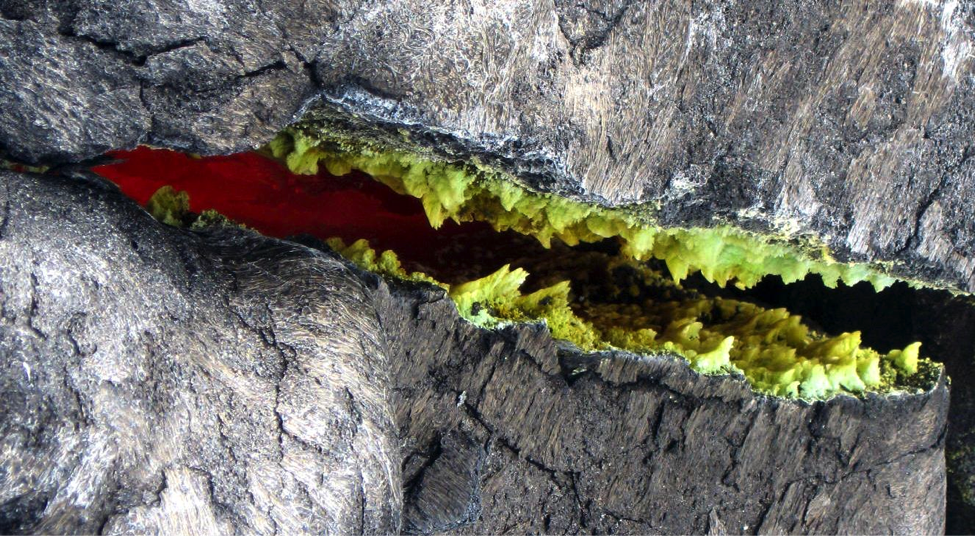60 Review of Minerals and Rocks — Physical Geology – 2nd Edition

Now that we’ve covered minerals and all three types of rocks it’s important for you to convince yourself that you’ve got them straight in your mind. As already noted, one of the most common mistakes that geology students make on assignments, tests and exams is to confuse minerals with rocks and then give a wrong answer when asked to name one or the other based on information provided.
In this exercise you are given a list of names of minerals and rocks and asked to determine which ones are minerals and which are rocks. For those that you think are minerals you should then indicate which mineral group it belongs to (e.g., oxide, sulphate, silicate, carbonate, halide etc.). For those that you think are rocks, you should describe what type of rock it is (e.g., intrusive igneous, extrusive igneous, clastic sedimentary, chemical sedimentary, foliated metamorphic and non-foliated metamorphic). The answers can be found in Rock and mineral review exercise answers in Appendix 3.
| Mineral or rock name | Rock or mineral? | If it’s a mineral, which group does it belong to? If it’s a rock, what type is it? |
|---|---|---|
| Feldspar | ||
| Calcite | ||
| Slate | ||
| Hematite | ||
| Rhyolite | ||
| Sandstone | ||
| Diorite | ||
| Olivine | ||
| Pyrite | ||
| Quartzite | ||
| Granite | ||
| Amphibole | ||
| Conglomerate | ||
| Chert | ||
| Halite | ||
| Gneiss | ||
| Mica | ||
| Pyroxene | ||
| Chlorite | ||
| Limestone | ||
| Andesite |
Media Attributions
- Native sulphur: © Steven Earle. CC BY.

